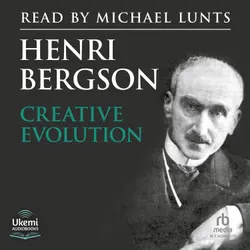In publishing these Lectures there are two remarks which I ought at once to make, because they may serve to obviate much criticism which will have no relation to the objects which I have had in view.
1. By Exegesis I always mean the explanation of the immediate and primary sense of the sacred writings. If I were treating the subject from an entirely different point of view it would be easy to show that much of the material which has furnished forth many hundreds of commentaries remains practically unchanged from early days. But this material is mainly homiletic. It aims almost exclusively at moral and spiritual edification. In such practical instruction the writings of the Fathers and the Schoolmen abound, and it is often of the highest intrinsic value even when it has but a slender connexion with the text on which it is founded. When I speak of Scriptural interpretation I am using the phrase in its narrower and more limited meaning.
2. It is obvious that within the compass of Eight Lectures an exhaustive treatment of so wide a subject would be impossible. To write a full history of Exegesis would require a space of many volumes. I here only profess to deal with the chief epochs in the progress of Biblical science, and my endeavour has been to give some account, however brief, of those who caused the chief moments of fresh impulse to the methods of interpretation. Hence, there have been many eminent commentators whose names do not occur in the following pages because their writings produced no change in the dominant conceptions. The remark applies especially to the great Romanist commentators since the Reformation, such as Vatablus († 1547), Maldonatus († 1583), Estius († 1613), Cornelius à Lapide († 1657), Martianay († 1717), Calmet († 1757), and others. I should be the last person to depreciate their conspicuous merits. In any complete History of Exegesis the names of these great and learned writers would of course find an honoured place. I have not been able to touch upon their labours partly from want of space, but chiefly because I only profess to furnish some outline of the epoch-making events of Scriptural study.
CrossReach Publications





